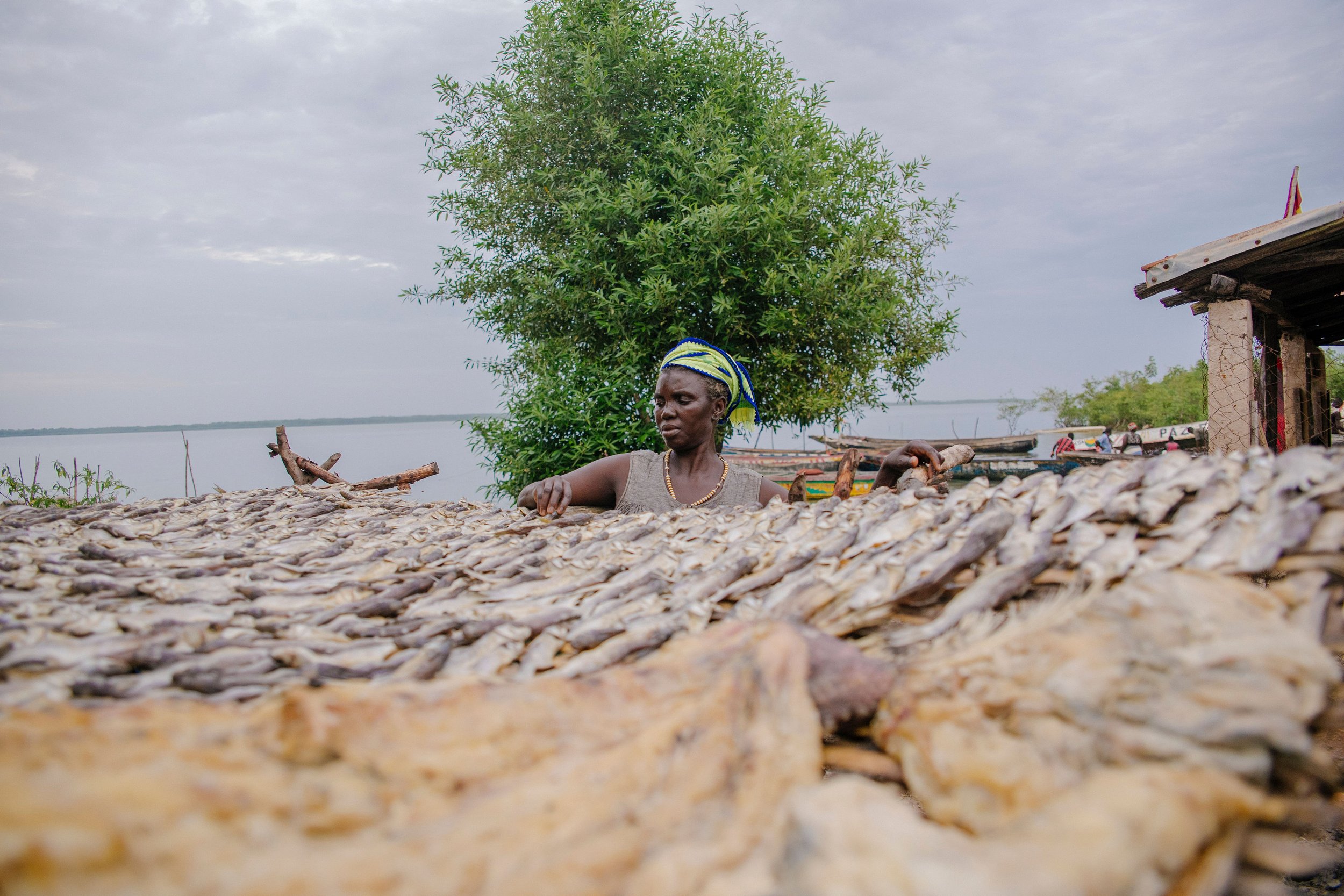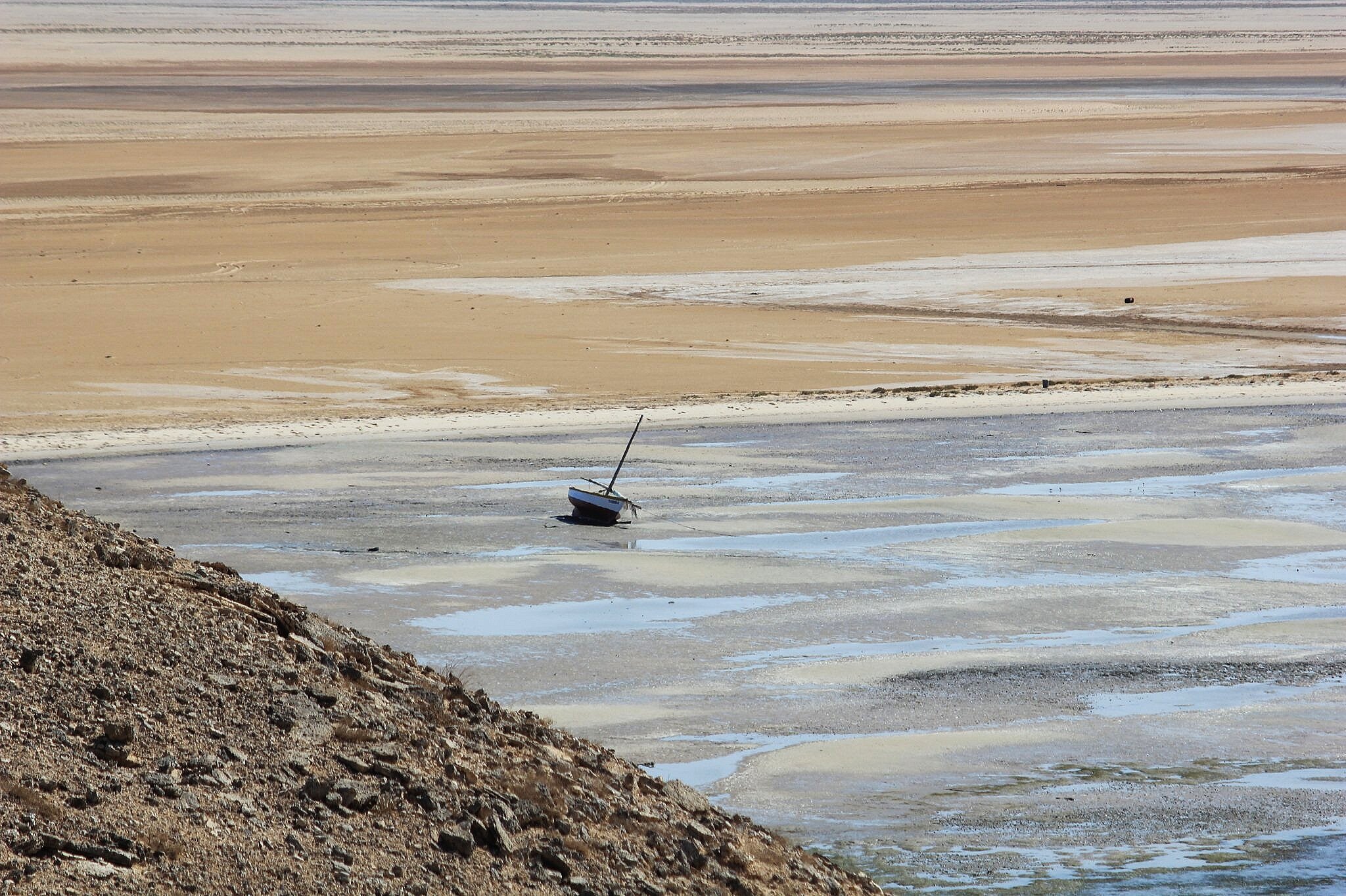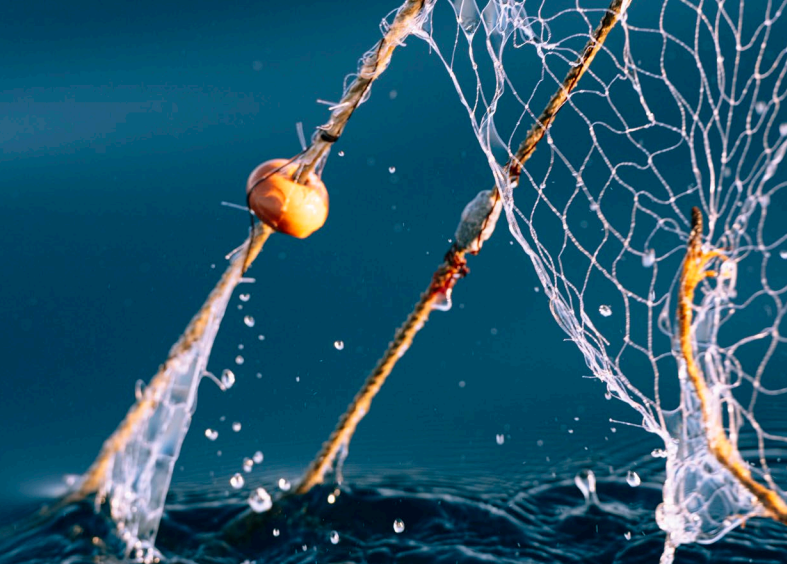A recent report assessing the progress made on food and agriculture-related Sustainable Development Goals glosses over the fact that around the globe, men and women in the artisanal fisheries value chain still face incredible hurdles in seeing their access rights respected. IYAFA has catalysed recognition for small-scale fisheries important roles in food security and livelihoods, but now action on the ground and concrete results are needed.
WTO agreement on fisheries subsidies: a mouse is born
For the agreement to contribute effectively to the Sustainable Development Goals, it is essential that the forthcoming negotiations, prior to the thirteenth ministerial conference, focus on the main threat to artisanal fisheries in Africa: overfishing and overcapacity, especially by foreign-owned vessels.
Activities of Senegalese trawlers in Liberia: the companies incriminated by CFFA, SOPERKA and PEREIRA, react
SOPERKA, a Senegalese fishing company, in a joint venture with the Spanish company Grupo Pereira, wished to react to our article “Experimental fishing or experimental pillaging in Liberia?” Mr Kandji, Managing Director, Mr Serrano, from the company Pereira, adviser to SOPERKA for its fishing operations, and Mr Perez Bouzada, a lawyer, who defends the interests of the company Pereira, expressed their views on a series of issues raised in the article.
Senegal and Liberia will conduct joint fisheries research to evaluate Liberia fisheries viability. For Liberia ‘carabineros’, this may come too late
Sponsored by the World Bank, as part of their Liberia Sustainable Management of Fisheries project worth 40 million euros, this research campaign will take advantage of the CRODT research vessel, the ITAF DEME, launched in 2021 with the EU-Senegal Sustainable Fisheries Partnership Agreement (SFPA) sectoral support.
EU-Mauritania SFPA: The requests of the Mauritanian artisanal fisheries and civil society
This week the European Parliament is discussing a first draft by rapporteur Izaskun Bilbao on the Sustainable Fisheries Partnership Agreement between the European Union and Mauritania. This agreement is of great interest to the EU fisheries sector and is the most expensive of all fisheries agreements between the EU and third countries.
The new EU-Mauritania agreement: towards a sustainable management of small pelagics in West Africa?
In this third article in the series on fisheries in Mauritania, the authors review the state of overexploitation of small pelagic stocks, look at the ways the EU SFPA seeks to address the issue and come back to the demand of several stakeholders for a regional fisheries management organisation for shared small pelagic stocks.
Experimental fishing or experimental pillaging in Liberia?
Mauritania: A 40-metre seiner authorised to fish on the borders of the Banc d'Arguin
WTO fisheries subsidies negotiations: Will the mountain give birth to a mouse or to a lion?
EU-Madagascar SFPA negotiations resume: Key issues for the future of small-scale fisheries in Madagascar
Seychelles FITI report: Stakeholders make recommendations regarding access by fleets of foreign origin
Seychelles is the first country in the world to publish a report that assesses the compliance against the transparency requirements of the FiTI standard. The author comments on the main findings of the Multi Stakeholder Group and highlights the recommendations for foreign fleets and the importance of understanding the value of local fisheries.
Key issues for EU-Mauritius SFPA negotiations: Tuna stocks sustainability, post-covid19 recovery for the local sector and transparency
African artisanal fisheries at the forefront of the fight against predatory and opaque industrial fishing companies
What future for Sustainable Fisheries Partnership Agreements?
In view of the global evaluation of the Sustainable Fisheries Partnership Agreements (SFPAs) that will be carried out by the Commission in 2021, the author highlights the key points which will need to be assessed from the perspective of the impacts on African coastal communities. The author also suggests essential improvements to be made for the future of SFPAs so that they better respond to the needs of these communities.
Improving scientific observer coverage in mixed Fisheries Agreements in West Africa
BirdLife Europe and Central Asia, CFFA and WWF release a joint paper with recommendations to harmonize the conditions for the embarkment of scientific observers on board EU vessels and ask that data collection include more specifications on the biological information required, including information on bycatch species.
World Fisheries Day: How the EU can support sustainable African artisanal fisheries
In this declaration on the occasion of World Fisheries Day, CFFA calls on the European Union to integrate the FAO Guidelines for Securing Sustainable Small-scale fisheries into all its policies that have an impact on this sector, particularly in the Blue Economy and Farm to Fork strategies and in its external action.
Small scale fisheries at risk: Madagascar signs destructive fishing agreements with Chinese investors
Sustainable Fisheries Partnership Agreement negotiations between the EU and Mauritania: staying on course
As a new round of negotiations between the EU and Mauritania is expected to start soon, this position paper recalls the demands of the Mauritanian artisanal fisheries sector, highlighting technical conditions, such as the access to octopus to be reserved for local artisanal fishers, the zoning for trawlers to be maintained, and landings of small pelagics to be kept. Governance issues are also key, such as transparency, especially regarding the activities of other foreign fleets; and the urgent need for the SFPA to contribute to regional management for shared stocks.
Making Sustainable Fisheries Partnership Agreements’ evaluations more efficient
BirdLife Europe and Central Asia, CFFA and WWF publish a joint paper with recommendations to improve the process and the content of evaluations by including the assessment of impacts of the EU fleet on ecosystems, of the transparency and non-discrimination clause, the needs of women, the implementation of the social clause and the contribution to SDGs.
Towards greater coherence and budgetary efficiency in future EU sustainable fisheries partnerships
This concept note is part of CFFA's long-term reflection and consultation on the future of the European Union's Sustainable Fisheries Partnership Agreements (SFPAs). We develop some avenues for making SFPAs more effective and sustainable, through a holistic and concerted approach, a financial rebalancing and the implementation of rigorous budgetary tools combined with capacity building.




















